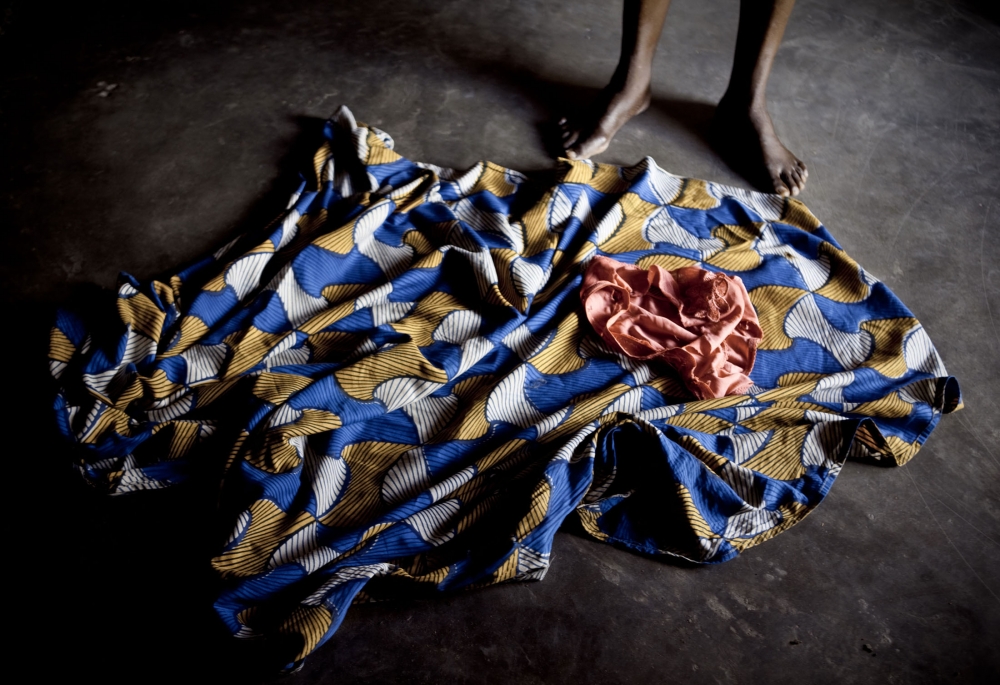
International Community Must Do More To Implement Reparation For Survivors Of Conflict-Related Sexual Violence
By Renata Politi, Natalia Kubesch, and Olivia Dehnavi
REDRESS Legal Officers and Advocacy Officer
The traumatic experiences endured by survivors of conflict-related sexual violence (CRSV) have long-lasting, profound impacts. Survivors from different regions have consistently stressed the fundamental role of reparation in their recovery process.
“We declare that reparations are vital in acknowledging our humanity, status as rights-holders as well as full equal citizens of the state”, Kinshasa Declaration.
However, most survivors of CRSV never receive any form of reparation.
This is because they often face issues of stigma, stereotypes, structural inequalities, insecurity, and financial constraints which discourage or prevent them from reporting cases, seeking reparation, and accessing administrative or judicial mechanisms. Impunity for human rights violations, as well as weak national institutions and inadequate laws also pose substantial obstacles to justice.
Additionally, some States do not have effective ways to enforce international judgments, that is, to ensure that survivors receive reparation awarded by international human rights courts and bodies. They also might not have the means to confiscate and repurpose assets belonging to perpetrators for the benefit of survivors.
Even beyond the State where the violations occurred, domestic and international compensation schemes across the world tend to be insufficient to provide redress to survivors of international crimes, and alternative sources for funding reparations for CRSV are often lacking.
See, for example, the struggles experienced by survivors in Chad, Cambodia, and Ukraine.
In light of these significant challenges, the international community must develop creative legal strategies and strengthen efforts to ensure that survivors of CRSV receive effective reparation in practice.
Although the right to reparation is well-established under international law, specific guidance on the following issues would benefit survivors, States, practitioners, and civil society:
- How exactly must States guarantee the right to prompt, adequate, and effective reparation for CRSV survivors? What steps do they need to take to overcome the obstacles outlined above?
- What legal, policy, and practical measures should States implement in this regard? How can the human rights community support these efforts?
- What mechanisms can States put in place for reparation to be co-created with survivors and ensure their meaningful participation at every stage of the reparation process?
- How can reparation for CRSV survivors be financed? How can States build mechanisms to pool and re-direct funds for the benefit of survivors of CRSV?
To address these questions, on 29 November 2023 Matrix Chambers and REDRESS held an expert roundtable on reparations for survivors of CRSV. The roundtable brought together legal experts, practitioners, and human rights advocates to share experience and expertise on this area.
The roundtable identified key measures to improve the delivery of reparation in practice. These measures will help guide REDRESS in our legal and advocacy efforts to implement reparation for survivors of CRSV and to use asset recovery as a way to fund reparation. Concrete recommendations were proposed to strengthen the international framework and practice on reparation for CRSV survivors, with specific guidance on how prompt, adequate, and effective reparation must be delivered in practice; and also to reform laws and procedures for earmarking funds – including fines, confiscation orders, donations, or other revenue – linked to human rights violations and disbursing them as reparation in consultation with affected communities and survivors.
For more information about REDRESS’ work on Reparation read here or contact our Legal Officers, Renata Politi at [email protected], and Natalia Kubesch at [email protected].
Photo credit: Gwenn-Dubourthoumieu/IRIN
